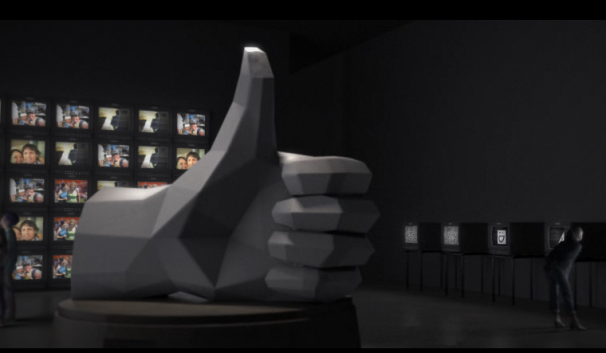One of the leaders in this technology is Google, which has been investing significant resources in aligning its future products with cloud computing. Most recently, Google has just announced the launch of the Chromebook, a small laptop equipped with Google Chrome and where there's no longer a hard disk available; only through internet access you are able to reach your personal data, in a platform linking your files with your email Google account, YouTube, Facebook, etc. In terms of manufacturers, both Acer and Samsung worked together with Google to develop the new device, which you can see below.
Now this is a big breakthrough innovation... And as a consequence, it brings several risks with it! Although the technology itself does not involve any major change compared to what already exists (netbooks, ipads,etc), the product involves a high degree of change in terms of the consumer behavior. More precisely, the challenge is concerned with changing people's routines and habits, and not just adding some extra feature to the product. And even after people understand the actual benefits of the technology (in this case, the advantage of being able to store everything online, making things easier, safer and more practical), they have to start using it. Which means stop using regular laptops together with their hard disk, and get used to placing everything online and access it there.
At the end of the day, those who manage to convince people in changing their behaviors and buying the product shall succeed, regardless of the whether the technology is very good or not. And this is where marketing plays a key role in launching the product into the market. So lets wait and see how Google "shows" their new toy to the market, and if they are able to take the best out of their marketing tools to successfully convince consumers. So far, they did a good work with their website ( http://www.google.com/chromebook/), with a clear value proposition touching on some essential points. Lets take a look...
Chromebooks are built and optimized for the web, where you already spend most of your computing time. So you get a faster, simpler and more secure experience without all the headaches of ordinary computers.
In two sentences tells people what it is and why they should use it - more practical, faster, and better that "ordinary" computers. Additionally, it makes it look easier: "where you already spend most of your computing time".
Nice job so far Google, but the hard part is still to come.
Convince consumers in changing their routines and become the leader of a new technology era. Fail to do it and join the high failure rates pool where many others eventually end up falling in.









